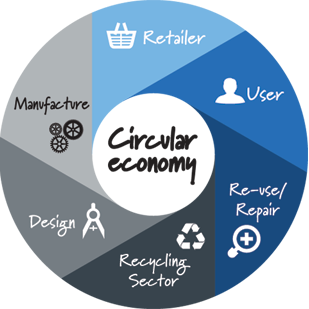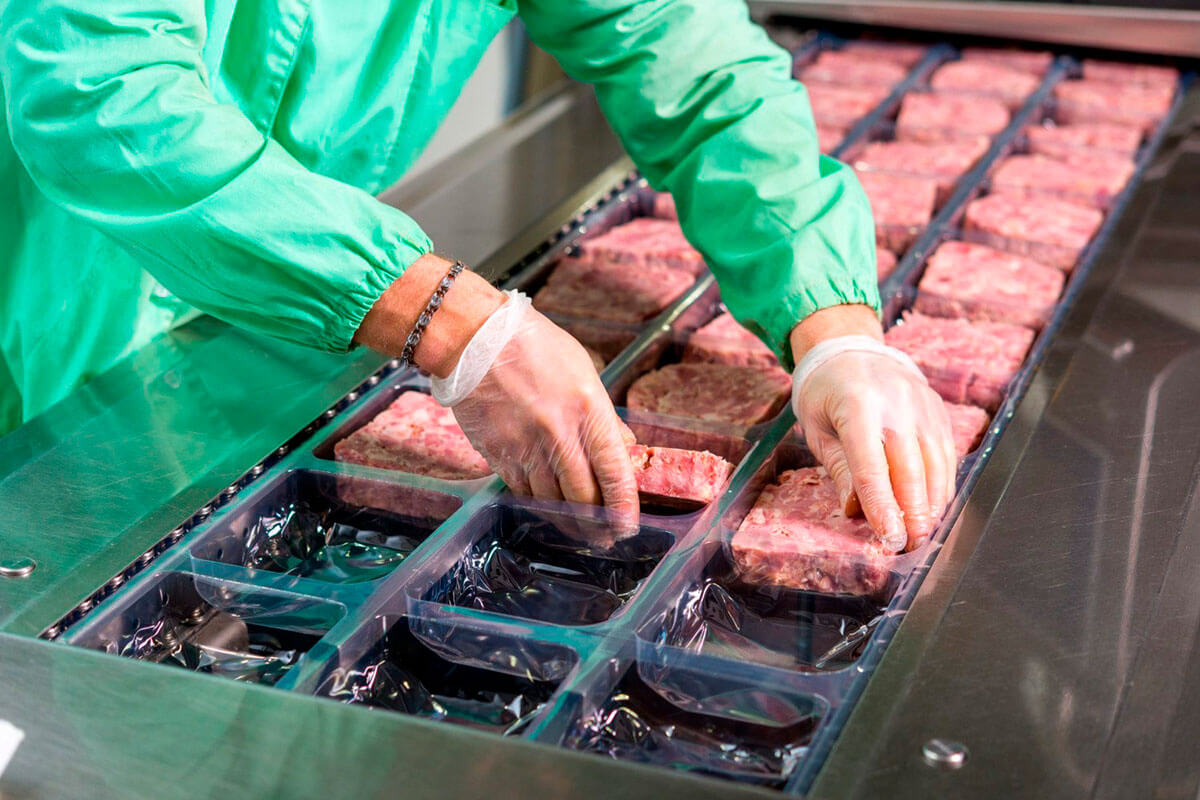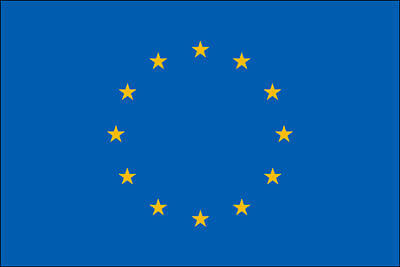Deep Tech for food
The industry of food is facing crucial challenges since the world’s population is constantly increasing and compromising the resources and its safety. Hence, real innovative actions need to be introduced. The European Technology Platform Food For Life, impulsed by the European Comission in order to foster R&D under the leadership of the industry, defined several key aspects on which the food industry needs to focus the innovation:
- Food Processing
- Increasing hygiene and food security
- Reducing food waste
- Enhancing the information received by the consumer, especially regarding labelling
Among all the listed key aspects, both photonics and packaging have a huge potential. In fact, packaging is one of the steps of the food value chain as it is food processing or retail, as showed in the next figure. However, including not only food clusters but also a packaging-focused clusters means integrating solutions from other sectors. And this means that solutions will have a major range of innovation in the food industry. Furthermore, packaging has an enabling role in the Circular Economy: by optimising resources, reducing the waste and extending the value of products. In its life-cycle approach, trade-offs play an important role since every change in a step of the value chain will affect another step. Thus, each introduced change must be carefully adopted: reducing the packaging material, for example, can reduce the pack’s ability to protect or preserve the product if it is not correctly adopted. It is estimated that annual food waste generation in the 27 Member States is approximately 89 million tons (almost 100 million tons according to estimate of year 2014) and food packaging was acknowledged to be essential to the aim of decreasing the food waste since it preserves the safety and quality of food products from the point of production to the point of consumption.

In addition, Photonics was defined as one of the Key Enabling Technologies (KETs) in Europe to address major societal challenges, such as ensuring high speed communication, preserving food production, the environment, finding appropriate transport solutions, ensuring high levels of health care for an ageing population, unlocking the potential of services, ensuring internal and external security and addressing the energy question.
Main photonics technologies take part in the food industry are:
Sensors, scanning and imaging.
Photonics technologies for introducing innovation in food quality analysis and control.
Laser systems.
Photonics technologies for labelling and measuring of food.
Advanced lighting.
Photonics technologies for crop yields and indoor farming facilities.
But going beyond the upper level, photonics has already had potential, among others, in:
Real time monitoring of food quality critical parameters, either solids or liquids.
Detection of pathogen bacteria and residues, such as pesticides in food matrices.
Package control and thermal sealing.
Recycling material and recycling potential.
Active and smart packages.
Real time measurement of fruit’s maturity.
In fact, several projects and initiatives have already appeared from the collaboration of photonics and the food industry in Spain:
- 3 workshops on photonics and packaging (2012 and 2013).
- OXIPACK project on food packaging (2015).
- 5+ workshops on food value chain (2012-now).
- 3+ projects on food value chain (2015-now).

Along the OXIPACK project, Packaging Cluster and secpho developed a system to improve the level of food safety by using a sensor to detect the amount of oxygen, so that it does not reach the required safety limit. The Spanish Packaging Cluster has, from its side, already worked in circular economy projects as well, in collaboration with the Catalan Agency of Residues in Spain. One of them, related to the food industry, consisting in the development of a meat package to enable the recycling potential of meat products. After demonstrating the potential in Spain, it’s clear that enlarging the country scope and range of participants in the food industry will lead to a multiplied result.
 This website was funded by the European Union’s COSME Programme (2014-2020)
This website was funded by the European Union’s COSME Programme (2014-2020)